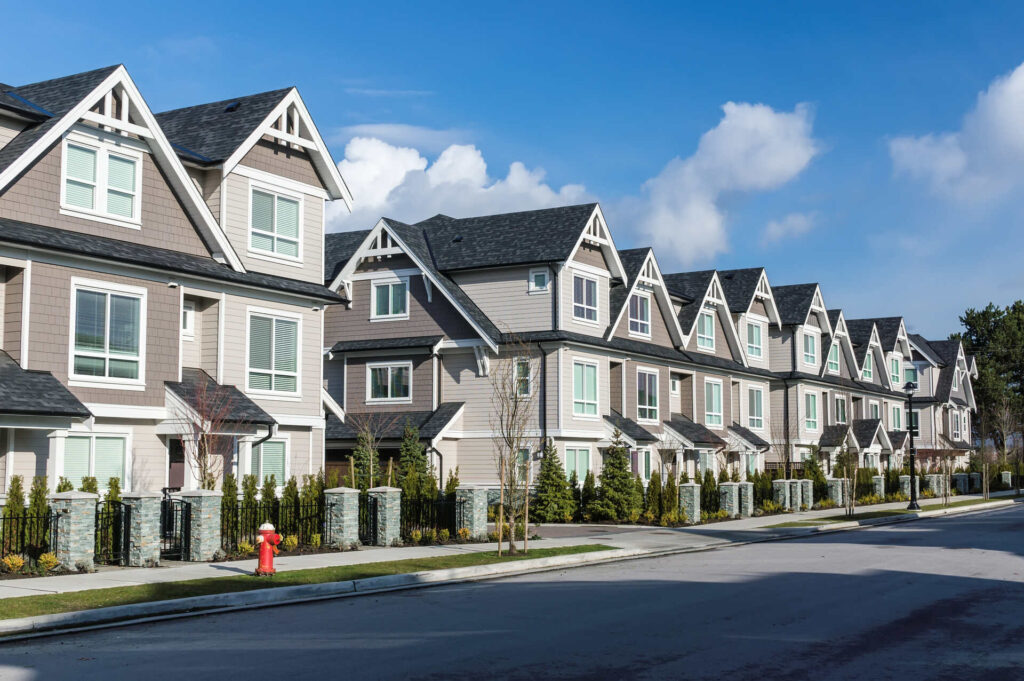Every environment has its advantages and amenities, especially if it’s the place you were raised in. Knowing all the nooks and crannies of your hometown can make you happy and provide you with a sense of belonging. However, moving from a small town to a big city may occur during specific periods in life. Whether you’re trying to find better professional, social, or cultural opportunities or change your address for love, a transition to an urban lifestyle demands some adjustment and overcoming strong feelings.
If you’re longing for a place with an urban feel, its hustle and bustle could be just the change you need. Keep in mind that a fast-paced life may slightly differ from your romantic visions, and you should be prepared for a vibrant place that never sleeps. To help you better prepare for this huge change, we’ve put together some words of advice before you organize your relocation process.

Research Is Crucial When Moving From a Small Town to a Big City
Relocating to a larger community can be exciting and scary at the same time. Perhaps you’ve already thought everything through, found a new job, booked professional moving services, and almost packed all your belongings. Still, your life feels like a rollercoaster of emotions. But don’t worry, it’s quite reasonable given the change you’re about to go through.
Major changes cause great mood swings and dilemmas, but that shouldn’t stop you from your intention. To find out whether this step is just right for you, you should dive into the adventure called “reading and researching.” Luckily, today, there are plenty of local blogs and social media resources where you can find everything you need and want to know.

Find Out Other People’s Experiences
Hearing stories from people who have already experienced what you’re about to go through can be helpful on many levels. But, having a friend, a relative or an acquaintance who lives in the place you’re going to move to is invaluable. Chatting with a certain person who knows all the spots for shopping, eating, enjoying, and hanging out with family or friends will give you the right picture of your future lifestyle.

You’ll Discover the Advantages and Disadvantages of Living in a Metropolis
Your friend’s personal experiences can provide you with a better understanding of your prospective city, but you should also count on subjective feelings and impressions. Different people have different aspirations, and it shouldn’t necessarily mean that you will share your friend’s enthusiasm for a certain city. However, large urban centers are jammed with endless options and choices when it comes to a professional career, health, culture and social events, etc. What worked fine for one person might not end up working for you. To get a better grasp of the concept of urban living, here are some general features of major cities.
Big Cities Are Crammed With Entertainment Options
Staying on the topic of benefits and drawbacks of living in a big city, there’s no dispute about one thing – you’ll find places that appeal to your interests. Whether you’re looking for a loud club or a quiet bookshop, you’ll find both.
Moving Because of Career Opportunities
Bigger cities can provide you with a greater variety of opportunities, and if your main goal is career advancement, then you can be sure you’ll find it right here. Due to the abundant and educated workforce and developed infrastructure, metro areas are usually home to the headquarters of major companies that offer stable and well-paid jobs.
Public Transportation
Traffic jams are a common occurrence in urban jungles, so think twice before you decide to hire auto transport services for your car. That can be not very pleasant if you have to commute every day from your home to the workplace. But, having an apartment in a metro area has its benefits. With a developed subway, you have a chance to get from one spot to another in a convenient and timely fashion.
Popular Locations Come With a Higher Cost of Living
If you wish to live in a metropolis, then you should know that it has its price. Besides many opportunities and positive sides of urban life, you need to know that large metropolitan areas are pricier than smaller towns and suburbs. Before the relocation day, sit down and work out a budget blueprint, and find out whether the high cost of living is something you are able to handle.
If You Need a Peaceful Home, Don’t Look for It in a Concrete Jungle
Major metro areas are often overcrowded, and too many people in the streets, shops, restaurants, and buses are something you should get used to. Compared to your hometown, completing a simple task could take you twice as long. Needless to say, finding a parking space could be quite challenging, and you’ll need a lot of nerves to undertake this simple action.
Fast-Paced Lifestyle and (Un)Friendly People
People from smaller places usually have their established routines, and a mere thought of a hectic and turbulent urban lifestyle may trigger relocation anxiety and high stress. If you prefer small social gatherings and a tight-knit community, you’re up for some changes. Keep in mind that in spite of the vast number of people living in the cities, urban dwellers often don’t have the time to talk to newcomers and build friendships right away. Finding your hobbies and interests after relocation could be a great way to fulfill your leisure moments and make friends after moving.

How to Choose a New Home?
Depending on your financial situation, you might consider living with a roommate or finding an apartment far away from your college or workplace in order to pay lower rent. If you forgot to find appropriate housing before the relocation, dealing with unknown people, and looking for an appropriate and cozy place could be very frustrating.

Will You Survive Without Your Family?
Every relocation means having to say goodbye to your loved ones. Have this in mind if you’re heading to an unknown area where everything is unfamiliar to you. Of course, keeping in touch with family and friends is more than achievable today, thanks to the Internet and social media. That being said, saying bye to friends before moving doesn’t need to be so heartbreaking.
Depression after moving is something that may happen to you, especially if you’re relocating alone, but it doesn’t last forever. Dealing with the daily routine and having enough obligations may melt your anxiety soon enough.

Chasing Your Dreams
If having a place downtown is your dream, then missing this opportunity could make you unhappy and disappointed. As a young person, you were satisfied with your school, friends, playgrounds, and several nightclubs in your district. Over time, you realized that you want more, and that’s an important reason to move. Having a fresh start means a chance to finally make your dreams come true.
Being Stuck in a Routine Is Not a Popular Lifestyle
Densely populated urban areas have countless tucked-in corners and spots where you can feel relaxed and secure, much like you did back home. However, spending each day identically could become dull and gloomy. If you’ve already decided to take that huge step called relocating to a metropolis, it would be a pity not to make the best out of it. So broaden your horizons, explore new things, engage in a hobby or take that class you’ve always wanted to take.
However, if you feel desperately lonely and stuck in a loop for longer periods, it may be one of the signs that it’s time for you to move back home.

If Your Gut Feeling Says It’s Time, You Should Listen to It
How does one know whether relocating from a small town to a large city is the right thing to do? Will others tell you it’s time? Is the pursuit of a better life something that can be found in books, movies, or other people’s lives? There is just one correct answer – when you feel like it’s the right moment, you should go for it. Being in a situation where you are unhappy and unsatisfied with your current life is big enough of a sign to take the initiative. Happiness and success are something you should build on your own, and any fortunate circumstance in the form of support or assistance along the way is a tacit approval that you should continue and not look back.When moving from a small town to a big city, you need to know what to expect to better prepare for the transition. Get ready for bigger crowds, a faster pace of life, but more opportunities in every aspect, as well.











